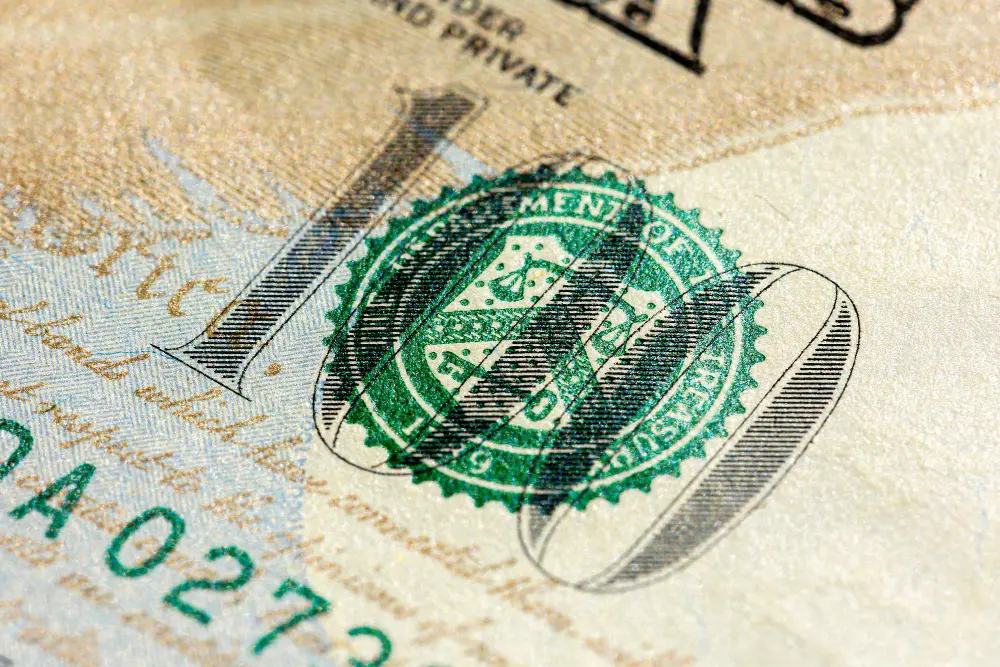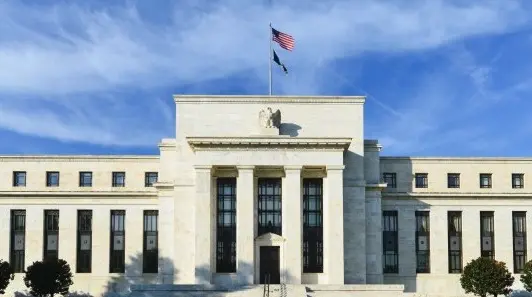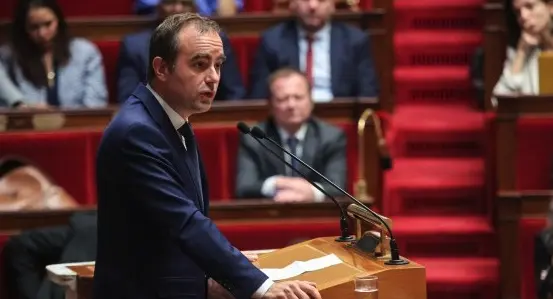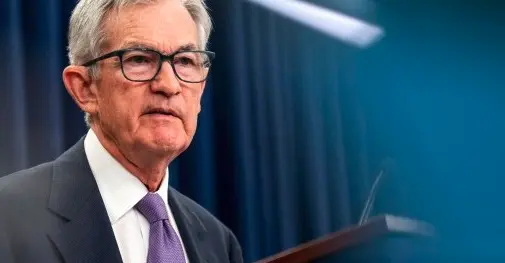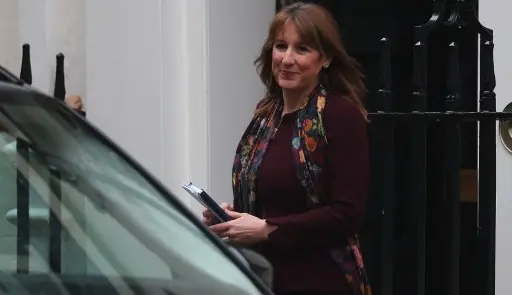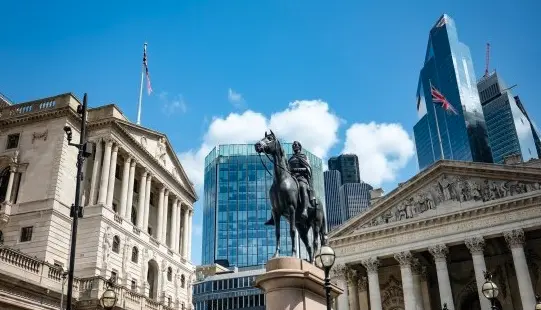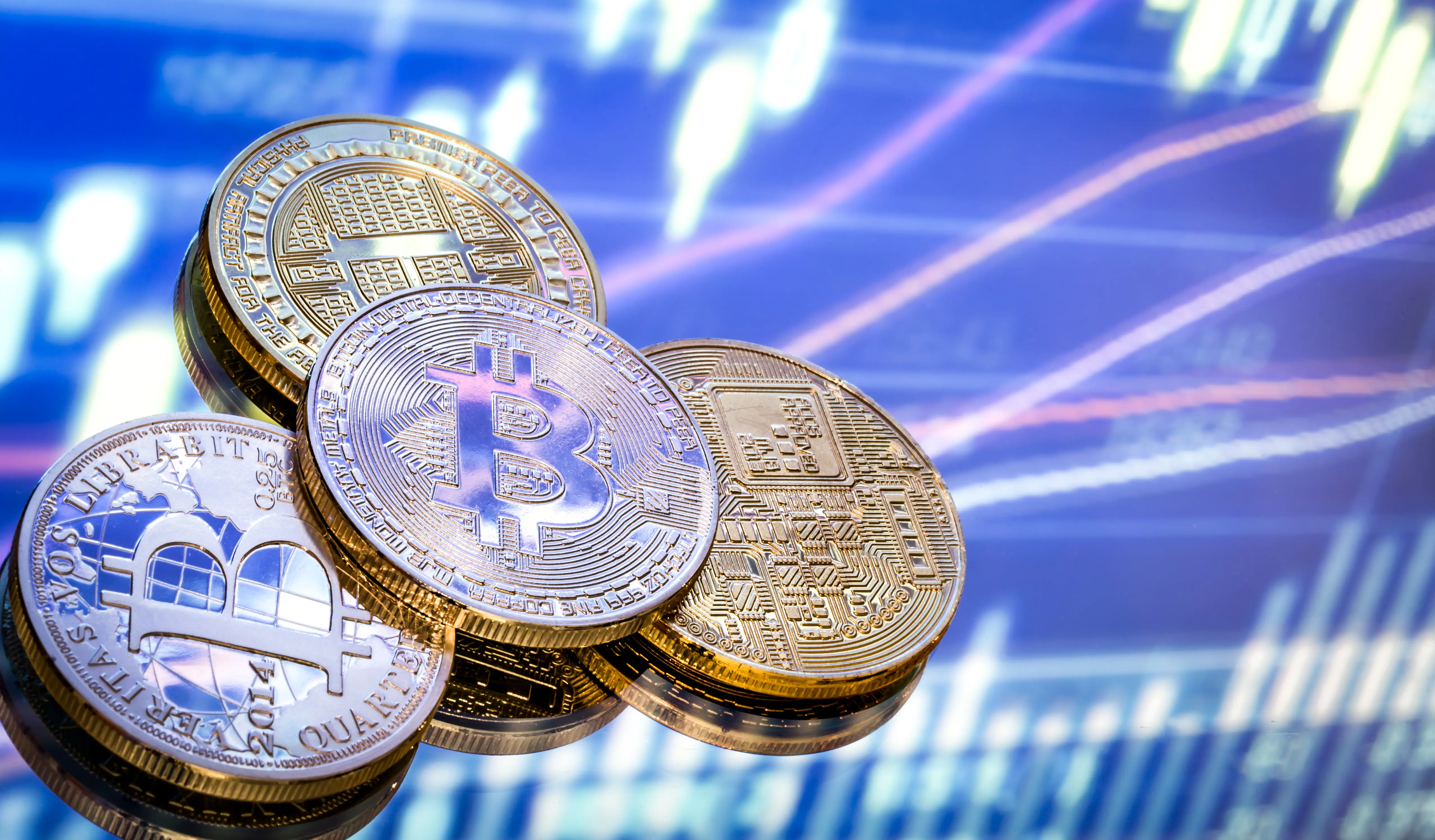A week after playing golf in the frost with a snood, balaclava and bobble hat, it was shorts weather here in the UK over the weekend. After golf and parenting I then watched Oscar winning Anora and fell asleep bored and irritated. The third Oscar best film winner in a row I haven’t finished after the dull Oppenheimer and the unwatchable Everything Everywhere All at Once. The previous winner CODA, and Parasite, a couple of years before, were fantastic.
If this year so far was a movie then I’m sure the script would have been thrown out as being too unbelievable, even for Hollywood. I certainly haven’t fallen asleep at my desk. However, relative to the year so far, it was a relatively quiet weekend after one of the more dramatic weeks in living memory, especially in Germany, where 10yr Bunds saw their largest weekly yield sell-off since reunification in 1990. The Euro (+4.41%) saw its biggest weekly gain since March 2009 while the S&P 500 (-3.10%) saw its largest weekly fall in 6 months. As we continue to catch our breath, this week is relatively quiet for data even if I suspect it won't be for news flow. The data highlight is US CPI on Wednesday but the reality is that there are bigger fish for the market to fry at the moment than a monthly inflation report. How times are changing.
Briefly going through the rest of the week’s main highlights. Today sees the NY Fed 1-yr US inflation expectations and German IP; tomorrow sees the US JOLTS and the NFIB small business optimism; Wednesday the BoC decision (-25bps expected) and a 10yr UST auction; Thursday sees US PPI and a 30yr UST auction; and Friday sees the UoM consumer sentiment survey. The fuller day-by-day week ahead is at the end as usual.
In terms of US CPI, headline (+0.27% DB forecast vs. +0.47% previously), and core (+0.26% vs. +0.45%) should ease from the previous month which would allow the YoY rate to fall a tenth and two tenths respectively to 2.9% and 3.1%. See our economists "February CPI preview & webinar registration" for full details. For US PPI the next day, we will likely see a similar +0.3% gain for headline and core but it'll be the sub components that feed into core PCE that will be the most important as usual. Staying with US inflation, Friday's University of Michigan preliminary consumer sentiment (63.0 expected vs 64.7 last) reading will also contain the fascinating long-run inflation expectations series, which rose three-tenths to 3.5% last month, an almost 30-year high. We will continue to watch the split by political party as the expectations gap between Republicans and Democrats are at crazy wide levels.
Although the weekend was relatively quiet we did hear from both Bessant and Trump and they seem to be telling us that they are prepared for some pain to reorientate the economy. Bessent said, “Could we be seeing that this economy that we inherited starting to roll a bit? Sure. And look, there’s going to be a natural adjustment as we move away from public spending to private spending,” “The market and the economy have just become hooked. We’ve become addicted to this government spending, and there’s going to be a detox period.” Meanwhile Trump told Fox that “There is a period of transition, because what we’re doing is very big. We’re bringing wealth back to America. That’s a big thing.” “What I have to do is build a strong country. You can’t really watch the stock market,” “If you look at China they have a hundred-year perspective". So taken at face value these quote suggest that their pain level is higher than most would have believed a few weeks ago.
Also over the weekend the House Republicans propose a stopgap funding bill taking us to the end of September, attempting to avert a shutdown on March 15th (this Saturday). There will be a vote tomorrow with some House Republicans not that keen to vote for a stopgap that doesn’t contain permanent spending cuts. However the tougher challenge will be when the bill hits the Senate as it will require moderate Democrats to support it for it to pass. One of the issues is that the bill explicitly gives DOGE the licence to carry on what’s it’s doing which may be a struggle for Democrats to support. So one to watch.
We also saw the conservatives and Social Democrats in Germany agree to deepen talks around a coalition on Saturday. So things seem to be moving in the right direction which is helpful as in parallel Merz has two weeks to approve the legislation around the EU500bn infrastructure fund and the associated open ended defence fund. In reality this is the biggest global event over the next two weeks outside of anything the US administration might do. In geopolitics, EU finance ministers meet today in Brussels for more talks on defence spending. On Wednesday the US is set to impose steel and aluminium tariffs of 25% on the EU. There will also be a G-7 foreign ministers meeting in Canada on Wednesday to Friday. Over the weekend Chinese inflation fell -0.7% YoY, below the consensus -0.4% and the -0.5% last month.
Core inflation fell -0.1% YoY, the first decline since 2021. PPI printed at -2.2% YoY against -2.1% expected and -2.3% the previous month. Overall there was likely some distortion due to the timing of Lunar New Year so we'll get a better read next month. In political news, Mark Carney has been elected the new leader of Canada's Liberal party, succeeding Justin Trudeau who announced his resignation in January. This victory makes him Canada's new prime minister. Let's see how his relationship with Trump differs from his predecessor's.
Asian equity markets are slipping as I type this morning with the Nikkei (+0.38%), the Kospi (+0.18%) and the S&P/ASX 200 (+0.18%) holding onto earlier gains but with the Hang Seng (-2.06%), CSI (-0.71%) and Shanghai Composite (-0.44%) notably weaker after the weekend deflation news. S&P 500 (-0.48%) and NASDAQ 100 (-0.59%) futures are weak with 10yr USTs -2bps lower at 4.28%.
Early morning data showed that Japan’s real wages fell -1.8% y/y in January, reversing two months of slight gains, days before the annual rounds of pay negotiations held each spring culminate at the country's major firms. The decline followed a revised +0.3% rise in December and a +0.5% gain in November. Meanwhile, total cash earnings rose +2.8% y/y in January (v/s +3.0% expected), slowing from December’s downwardly revised +4.4% rise.
Looking back, it was a truly seismic week for markets last week, as investors grappled with historic fiscal news out of Germany, European rearmament proposals, fresh tariff developments, and a US jobs report on Friday. By the end of the week, that had led to a huge selloff for European sovereign bonds, including the biggest weekly jump in the 10yr bund yield since reunification in 1990, up +43.0bps over the week (+0.3bps Friday) to 2.83%. Moreover, the euro itself saw the biggest weekly gain against the US Dollar since March 2009, up +4.41% last week to $1.0833.
But even as investors were enthusiastic about the fiscal news, the tariff developments led to a broader risk-off move that hit global equity markets. In fact, the S&P 500 posted its biggest weekly decline in 6 months, falling -3.10%. The index did recover by +0.55% on Friday, with a measured speech by Powell, who said “the US economy continues to be in a good place”, catalysing a turn in sentiment. In turn, the VIX retreated from Friday’s intra-day highs of 26.5 to end the week at 23.37, but this still marked a +3.74pts weekly increase and the highest weekly close since August. Meanwhile in Europe, the STOXX 600 also ended its run of 10 consecutive weekly gains, falling -0.69% last week (-0.46% Friday). The main exception to these losses was the German DAX however, where the prospect of a significant fiscal impulse meant the index was up +2.03% last week (-1.75% Friday).
With all that was going on, Friday’s jobs report rather faded into the background, in part because it was basically in line with consensus. Nonfarm payrolls were up +151k (vs. +160k expected), and there weren’t substantial revisions to the previous couple of months. The unemployment rate did tick up a bit to 4.1% (vs. 4.0% expected), but the report didn’t cause alarm, with the risk-off move driven by tariff uncertainty instead. On the rates side, US Treasury yields saw more modest increases than their European counterparts. The 10yr yield was up +9.4bps over the week (+2.4bps Friday) to 4.30%, while the 2yr yield saw only a +1.0bps rise to 4.00% (+4.0bps Friday). Otherwise, there was a significant widening in US HY spreads, which moved up +11bps to 291bps (-3bps Friday).




